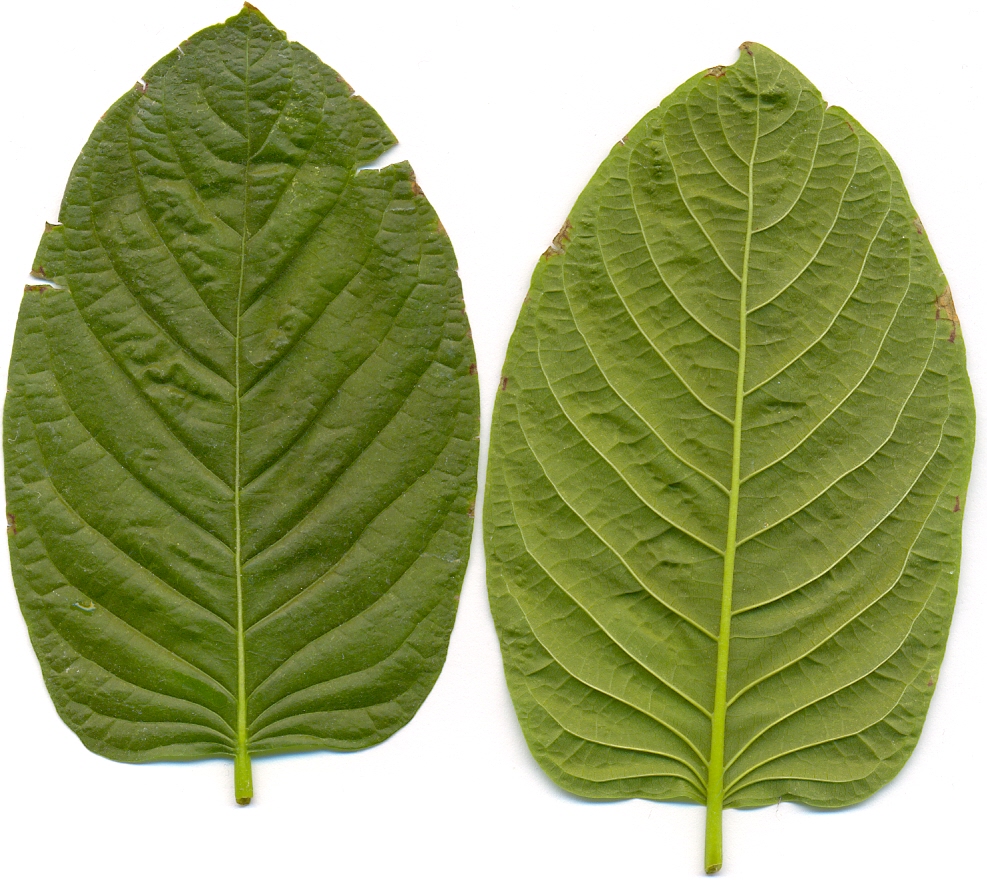Kratom, which the government has been desperately trying to ban, contains powerful anti-coronavirus compounds
03/11/2020 / By Ethan Huff

Dr. Thamrin Usman, a professor of chemistry at Tanjungpura University in Indonesia, recently gave an interview about “the diversity of tropical plants in West Kalimantan (that) have a lot of compounds that can strengthen the immune system and ward off coronavirus.” And one of the plants he mentioned that’s definitely worth noting is mitragyna speciosa, more popularly known as kratom.
This popular natural alternative to pain medications, which hails from the same plant family as coffee, contains a special compound known as chloroquine, or Cq, that research shows is powerfully combative against coronaviruses. There’s more than just one coronavirus in the world – just look at the label on a standard disinfectant spray bottle to see for yourself – and Cq could be a type of master key that protects against all of them.
“By looking at the chemical structure of chloroquine molecules that contain secondary and tertiary amine compound structures, it can be considered to use kratom leaves because mitragynine compounds in kratom are actually secondary and tertiary amines,” Dr. Usman is quoted as saying.
Other immune-boosting nutrients that Dr. Usman recommends in light of the Wuhan coronavirus (CoVid-19) crisis include vitamin C, which has a “warming” effect on the body in much the same way as ginger and other spices. He also points to virgin coconut oil as yet another powerful antiviral.”
“This material has been proven to boost the body’s immune system,” he says about all of these natural remedies.

Listen below as Mike Adams, the Health Ranger, discusses other known antiviral herbs and minerals that may be effective in warding off the Wuhan coronavirus (CoVid-19):
Is this why the FDA wants to ban kratom?
The painfully obvious elephant in the room is the fact that kratom remains under relentless attack by the U.S. Food and Drug Administration (FDA), which continues to bizarrely claim that it’s “dangerous” and “addictive” in the same way as opioid pharmaceuticals.
This is utterly false, of course, and par for the course when it comes to the FDA’s crusade of lies and deception about natural healing remedies. But what’s interesting is that kratom has received special attention by the FDA over the past several years as the agency has literally been working overtime to stamp it out of existence.
As we reported last summer, the FDA was actually caught trying to collude with the government of Indonesia, where most of the world’s kratom is currently grown, to prohibit farmers there from growing it. If successful, this affront to health freedom would cut America off completely from any substantial kratom supply.
Besides the obvious reason that kratom, like many other natural plants, competes with Big Pharma, the impetus behind the FDA’s ongoing crusade against it could be more nuanced. Is it possible that the FDA well knew in advance that a coronavirus crisis would eventually emerge, which is why the agency has been trying to eliminate kratom from the supplement market?
While we may never learn the definitive answer to this question, it’s at least highly suspicious that this news about Cq emerges from the Far East right as the Wuhan coronavirus (CoVid-19) has broken containment here in the U.S., developing into a full-blown global pandemic before our very eyes.
To be clear, this is not to say that kratom is necessary a cure for coronavirus. Only in the same way that vitamin C and coconut oil possess unique antiviral properties is kratom a potential option for keeping people healthier, and less prone to disease, during what’s quickly shaping up to be the worst global pandemic since the Spanish flu of 1918-20.
To keep up with the latest news about the Wuhan coronavirus (CoVid-19), be sure to check out Pandemic.news.
Sources for this article include:
Submit a correction >>
Tagged Under:
amines, China, chloroquine, coronavirus, covid-19, Cq, disease, global emergency, infection, kratom, mitragyna speciosa, natural cures, natural medicine, Naturopathy, novel coronavirus, outbreak, pandemic, remedies, tropical plants, virus, Wuhan, Wuhan coronavirus
This article may contain statements that reflect the opinion of the author





















